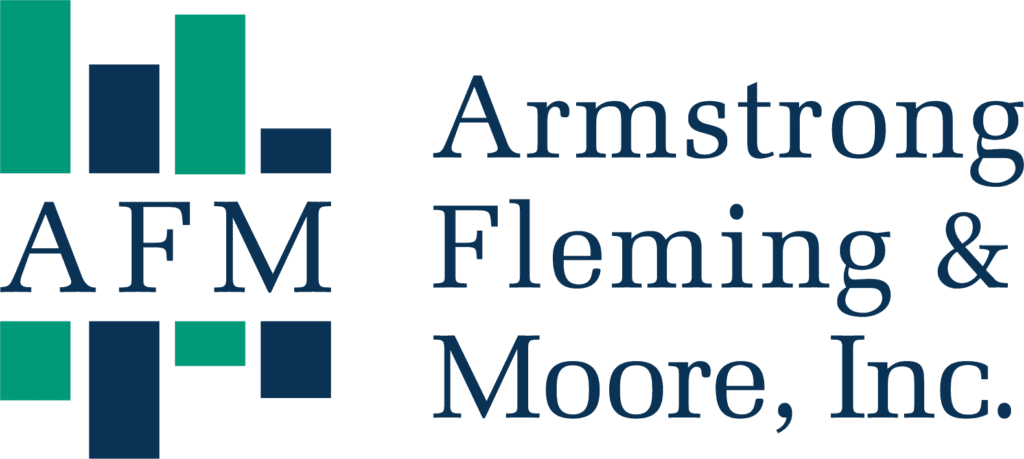One of the first steps in creating your financial plan is to identify your goals, their time horizons, and your income/expenses. Next, you will decide how to allocate your savings to help you meet your goals through various investments. However, in all your planning, where does insurance fit?
A well-thought-out financial plan can be derailed by any unforeseen event. What would happen if you were injured or sick and could no longer go back to work? There are various scenarios like this that could result in a reduced or complete loss of income and/or increase in expenses. While it’s impossible to know if these unexpected events will occur, proper insurance planning can help protect yourself, your family, your home, your assets, or your business. Think of insurance planning as a precautionary investment that shelters you from a large financial loss. Ideally, the best outcome is that you never have to make an insurance claim, but as the saying goes: It’s better to have insurance and not need it, than need insurance and not have it.
Here are some of the insurance categories that should ideally form part of your financial plan:
Life insurance: This form of insurance is payable when you die. It allows any beneficiaries—such as your surviving spouse, dependents, or children—to receive funds that can be used for things such as living expenses or debt. Life insurance costs can vary, depending on factors such as age, health, gender, and type of coverage.
Auto insurance: This is a contractual agreement between you and an insurance company that protects you against financial loss resulting from theft, damage to your vehicle, or from any damages caused by you or someone driving your vehicle.
Homeowners’ Insurance: With homeowners’ insurance, you can protect your home against any disaster-related damages such as fire, vandalism, or theft. What homeowners’ insurance doesn’t cover, however, is earthquake or flood-related damages. Earthquake insurance and flood insurance are two distinct types of policies.
Liability Insurance: This form of insurance applies to policyholders who’ve exhausted their personal liability and lawsuit coverage on other policies.
Disability Insurance: Disability insurance replaces a percentage of your lost income if you’re unable to work for extended periods of time.
Health Insurance: Often available privately or through employers, health insurance keeps you covered when it comes to any expected or unexpected medical expenses.
Long-term Care Insurance: This type of insurance covers the costs associated with long-term care, which typically aren’t covered by health insurance.
Insurance, as a product, is beneficial in safeguarding your finances. Here are four reasons why insurance should be an essential part of your financial plan:
To protect your family and loved ones
If your loved ones depend on your financial support for their livelihood, then life insurance is paramount, for it replaces your income when you die. This is especially important for parents of young children, or adults who would find it difficult to sustain their standard of living if they no longer had access to the income provided by their partner.
Insurance helps pay off debts and other expenses
In addition to providing income to cover everyday living expenses, your family needs insurance to cover any outstanding debts, like mortgages, credit cards and car loans. Expenses like funeral and burial costs, for example, can easily run into the tens of thousands of dollars for the uninsured.
Tax benefits
In general, most insurance payouts are tax-free since your benefits are reimbursement for expenses, rather than income. Any health insurance premiums you pay out of pocket for policies covering medical care are also tax-deductible. Businesses and self-employed individuals may also be able to deduct the costs of insurance, if it’s being used for trade, business, or professional reasons.
Peace of mind
Without a doubt, having sufficient insurance coverage will bring you and your family peace of mind. It’s one thing you can be sure of, and you’ll no longer have to question whether you and your family will be taken care of if something unexpected happens.
In Summary: don’t just set it and forget it!
Everyone has different insurance needs tied to their unique situation, age, health, family structure, economic status, possessions, assets, and many other factors. As discussed above, there are several types of insurance and no “one size fits all,” but that is why insurance planning is so important. Every year, you’ll want to review your insurance, track your progress, and make any necessary adjustments—especially if things have changed (marriage, divorce, birth of a child, new job, etc.). If you need help along the way, consider working with a financial planner that can help review your entire financial picture and see where insurance should factor in.
